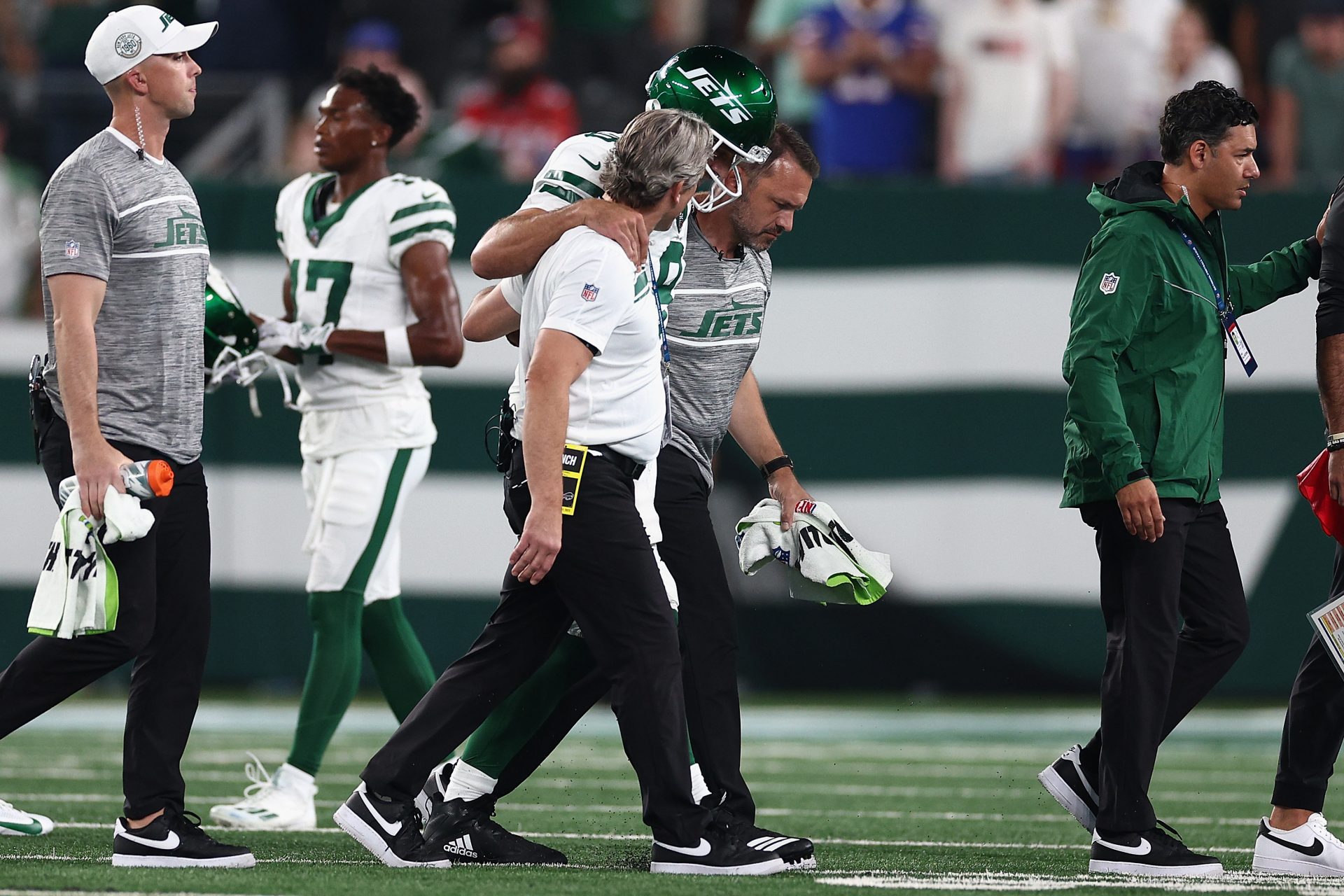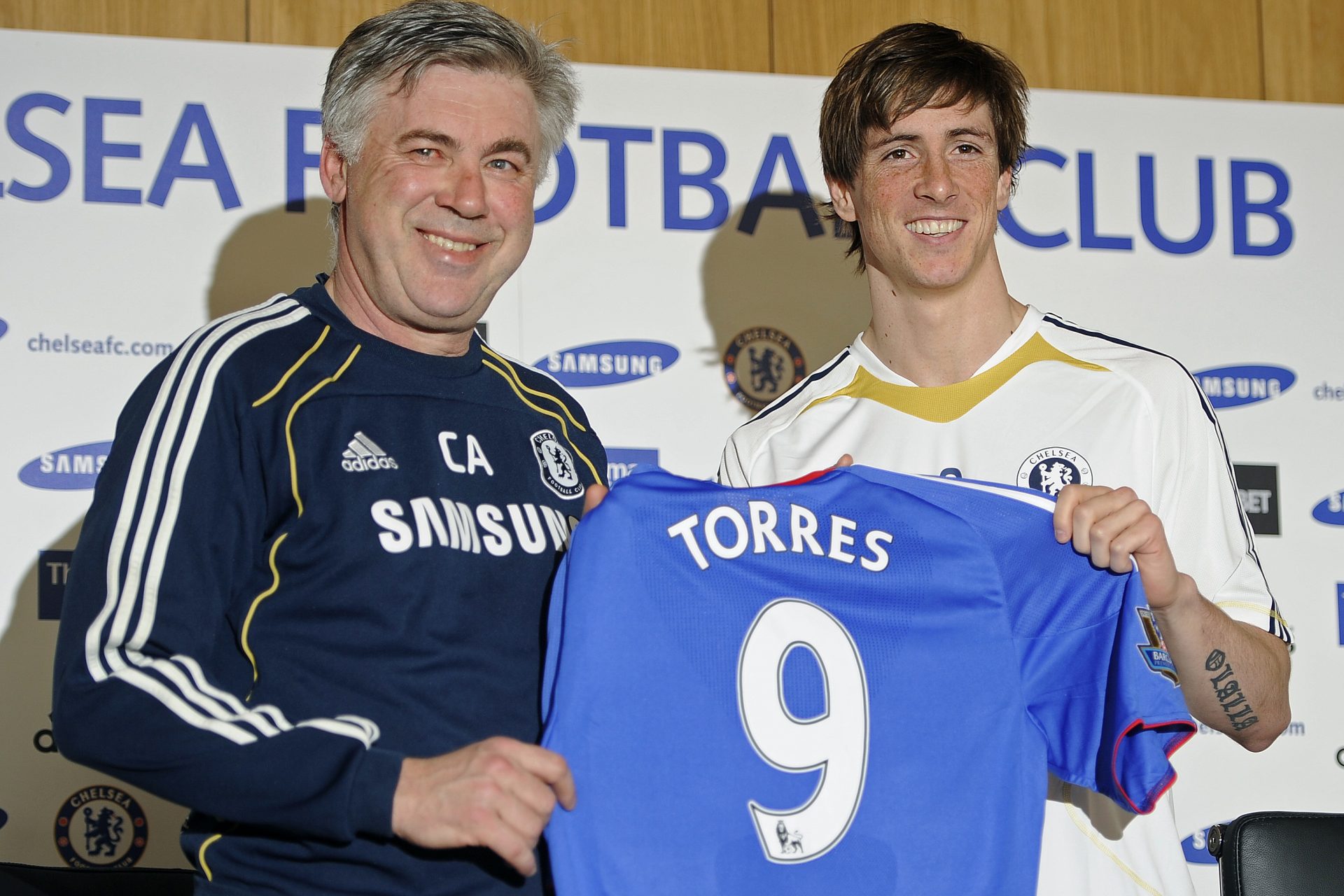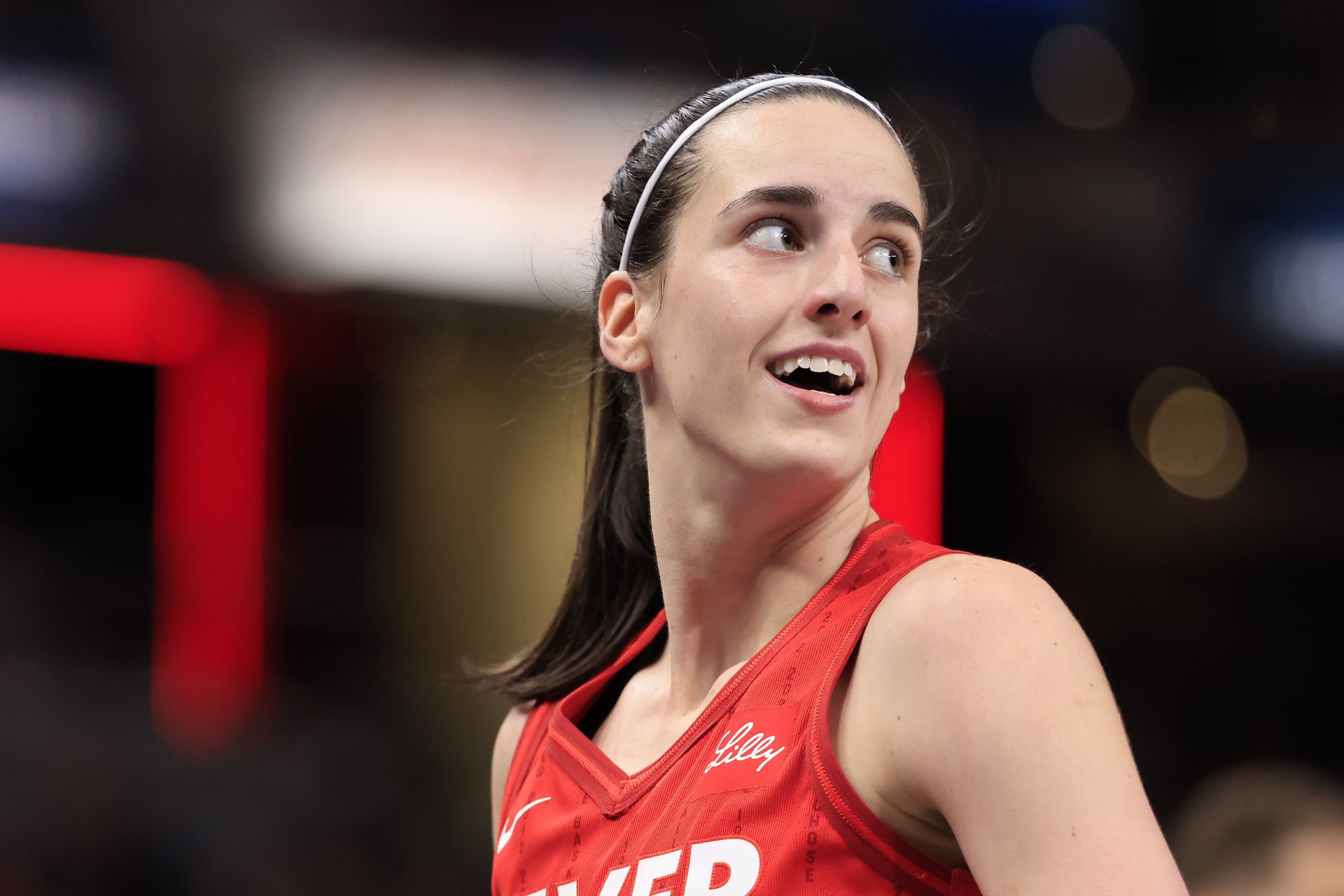Making The Case: Why Aaron Rodgers should retire
The air was certainly let out of the balloon in Week 1 for New York Jets fans, as future Hall of Fame quarterback Aaron Rodgers suffered an Achilles injury just four snaps into his tenure with the team. This has brought about a lot of speculation regarding what happens next for Rodgers and the Jets, but it might be best for him to call it a career at this point in time.
Veteran players in sports elect to prolong their careers in order to taste championship glory, but Rodgers has already been to the top of the mountain. He won a Super Bowl with the Green Bay Packers back in the 2010-2011 season. Rodgers also captured back to back MVP awards in 2020 and 2021, demonstrating his individual excellence as well.
Brady defied conventional logic by playing in the NFL until he was 45, and did so at a pretty high level. This might give other players ideas about extending their football lives, but it doesn’t mean it’s the way to go for everyone. Rodgers is not going to add much to his legacy by playing several more seasons.
An Achilles injury is absolutely devastating for a professional athlete, as it saps them of their ability to push off. Rodgers isn’t exactly a running quarterback at this stage of his career, but he would still need to buy time in the pocket. If he’s going to be a virtual statue behind center, it would restrict the type of plays he could make.
Even though Jets fans were excited for a name brand to wear green and white, the Rodgers acquisition was only going to be a stop gap for the next couple of years at most. New York would still have to find another quarterback in the near future, and it’s possible that this search can begin now in light of Rodgers’ injury.
It’s more of a blessing than a curse, but certain players are expected to play well as long as they have a uniform on. Rodgers fits that category, which means that it won’t be enough for him to simply return to action. He’s going to have to remind of fans of his glory years in Green Bay, which adds another level of pressure to any potential comeback.
There have been reports that Rodgers underwent an alternative method of treatment during his Achilles surgery that might allow him to suit up for New York during the playoffs, if they make it. That last part is a big if, but even if the Jets did qualify for the postseason, it wouldn’t be fair for the incumbent starter to take a seat for Rodgers, who would have missed four months by that point.
The body tends to compensate when a specific area of the physique is injured. The last thing NFL fans would want to see is Rodgers’ return to the field that is once again cut short by a leg injury. Any secondary ailment coupled with an already serious ailment would spell an even more depressing end to a prolonged saga.
At the end of the day, it probably doesn’t really matter whether Rodgers is inducted into the Pro Football Hall of Fame at 45 or 46 years old, but he’ll have to weigh whether pushing back that day for the possibility of playing in New York is worth it. Players are first eligible for Hall of Fame induction five years after they retire from the NFL.
More for you
Top Stories






















